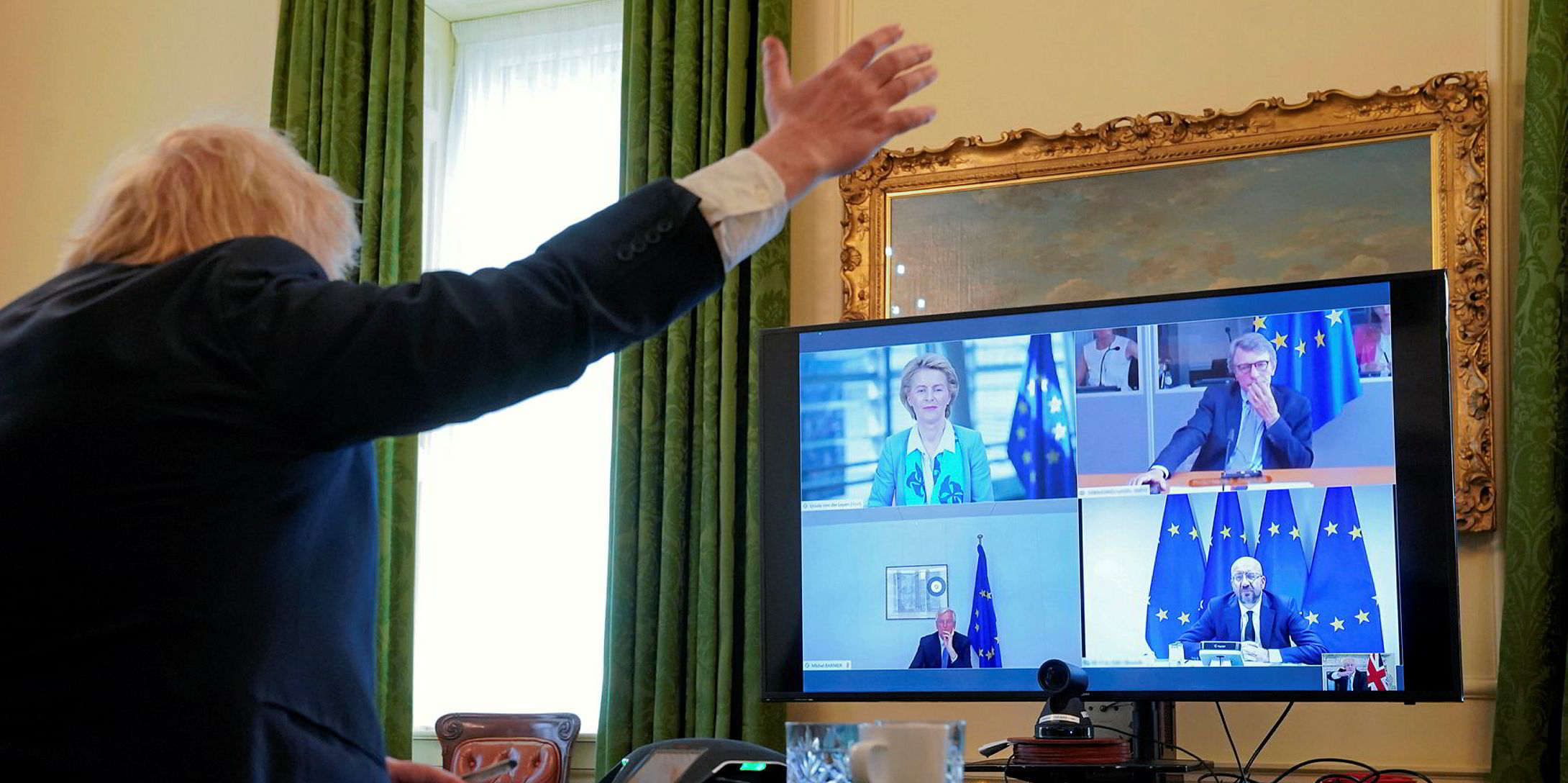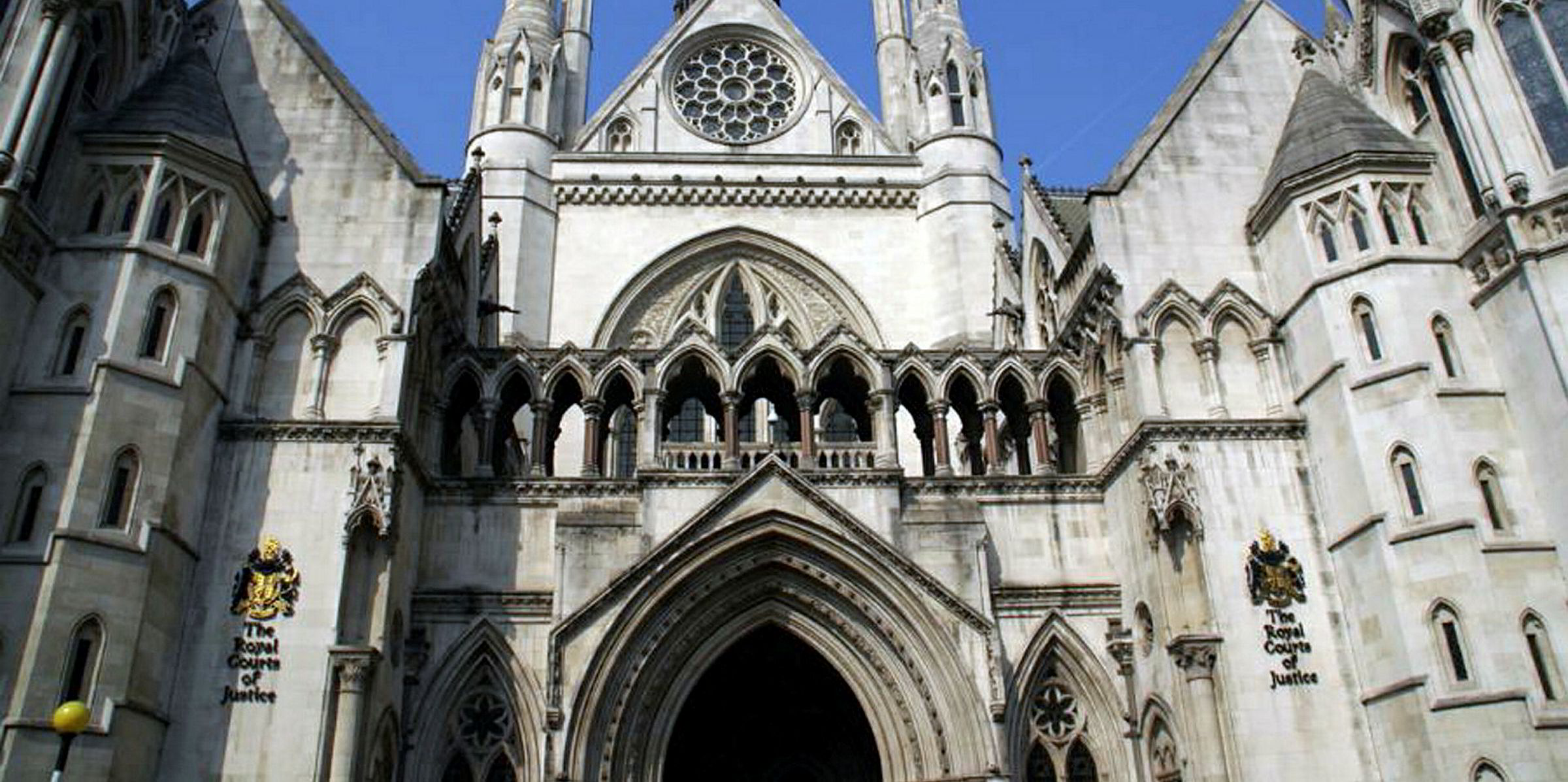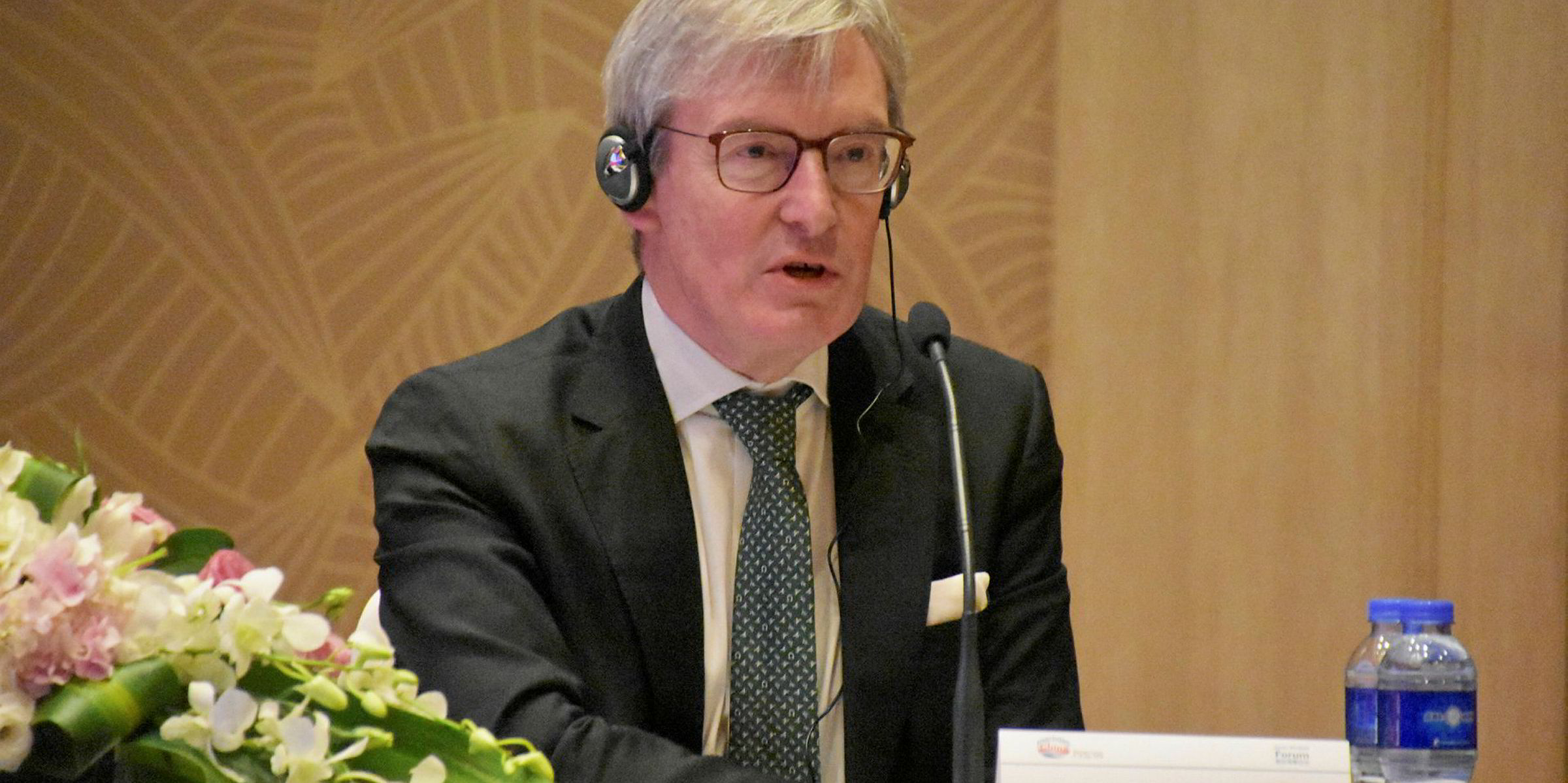A leading London barrister says video hearings involve applying old principles to new situations.
And that is something the UK bar has shown the adeptness and nimbleness to handle, which may have come as a surprise to some observers.
“Preparation and thinking ahead are key,” Duncan Matthews QC of Twenty Essex told TradeWinds. “It is vital to sit down early with the team and think through the logistical implications arising. In the current climate you are unlikely to get much sympathy from a tribunal if you simply resist.”
The joint head of chambers explained that the key is to focus on how things can be achieved and what protection is needed.
“It is a lot easier if you have the support of a virtual venue and a document-handling platform such as Opus 2,” Matthews said.
“Then there are all the new elements of thinking through camera issues as they might impact counsel, which is new.”
Some elements of video hearings have advantages.
“Electronic notes appearing on the screen are a lot more legible and a lot more timely than the hastily scribbled Post-it notes tended to be,” he said. “We need to be cautious about when we are ‘on air’ and ‘off air’.”
One negative point is that video inhibits intervention because there is a tendency to let things run rather than risk interference.
Beware of imbalances
Matthews said the key is to ensure a level playing field, particularly regarding hybrid hearings, where he sees the risk of an “apparent imbalance” as more acute.
He believes video hearings will continue, “within limits”.
“I think the Zoom hearing or equivalent will be increasingly popular for interlocutory and shorter hearings and will replace the telephone as a medium for conducting such hearings.
“I also think that travelling halfway across the world for a half to one-day hearing will disappear, or at least diminish, and this will chime with the increasingly vocal call for more environmentally friendly international commercial arbitration, extending also to more electronic files than paper files.”
Matthews does not see remote hearings as a substitute for longer and witness-based hearings, however.
“It works, but the real thing is a lot better. People miss the human interaction and many are keen to get back to it.”
He dismissed concerns about witnesses being coached while they give video evidence as “probably overblown ... in arbitration at least [it] is likely not to be considered a very real threat”.
Twenty Essex’s barristers have been working on cases under the auspices of the Singapore International Arbitration Centre, International Chamber of Commerce and Hong Kong International Arbitration Centre, as well as in London.
They have also been appearing in jurisdiction and injunctive relief applications in support of international arbitration in virtual hearings before the Commercial Court in London, “which has adapted very well to the situation and functioned smoothly throughout lockdown”, the company told TradeWinds.






